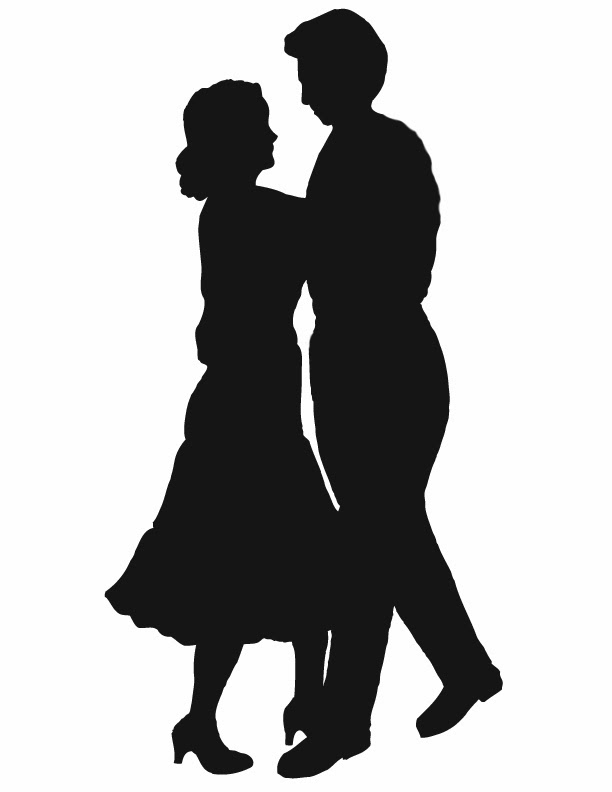Is Fiction a Type of Fabrication? Part 1 of 10
To start, this is a series of blogs about which I am writing about on goal setting and a Question that I received by email a while back. For this blog entry I’ll put forth the email, it comes from one of the writing classes I took, and this was a well thought out debate, that went on for about three weeks.
“I’m having trouble with the idea that fiction needs to have facts, it is fiction. I write non-fiction precisely because it is grounded in fact. Fiction does not ground itself in fact, it come from the imagination of the author. Fiction is written for the sole purpose to entertain and to make people find an escape. Non-fiction requires one to think.” ( email to me and other class members, September, 2008)
Now, I look at this email and think that there are some very good points to it, for one fiction is there to entertain, however I disagree strongly with the idea that people read fiction to be entertain and use it as form of escape. Some of the best fiction books that I read, also cause me to think about my life and the world around me. I would argue (and I did) that Gone with the Wind required a lot of research.
I worry that people who want to write fiction don’t want to deal in facts. Of course I admit that for all of about 20 seconds, I did to, until I began to write. Then it was well, what about? what if? even with a pure fantasy book. I love love writing in both fiction and non-fiction. I think both take research and time to develop.
Both require people to think. Even in non-fiction there is a sort of descriptive and visualization that comes from fiction. For example in The Last Days of Glory author Tony Rennell, uses this technique to show how Victorian London was like- in a more narrative format. Another author that is really good with this technique is John Shors, who wrote the book Beneath a Marble Sky, it made me think of all the possible outcomes of people who live their lives, but aren’t famous.
The goal for both types of writers, of both non-fiction and fiction is to write something that the public will enjoy and read. It may take a year, or more, but the focus is the goal of writing a great book, one that the author can be proud of.
There isn’t a good or bad thing about either form but to suggest –as this email did– that one is better than the other is wrong. Writers create and those that fabricate tend not to get published, or they don’t believe in their writing. of course i could be wrong, but that is for tomorrow’s blog.
The Question is: Does this person have a legitimate point?
You May Also Like

A Writer’s Dance of Emotions
February 27, 2014
How Much Money Should You Sell Your Book For?
October 26, 2012
4 Comments
Jennifer Roland
The element of creativity shines in good writing, whether it’s fiction or non-fiction. And, fiction is grounded in reality and research, as you pointed out.
As a trained journalist, I have found it hard to transition to fiction, where I get to tell lies. I don’t have to find a source to back me up or a specific location in the city I’m writing about. I can just make it up. It’s freeing but also frightening.
James
I agree with Jennifer, except for one point, I wouldn’t say you tell ‘lies’ fiction is a truth retold.
I Do agree that it is frightening to do your work and having less rules.
I hope that when people write fiction they are willing to see themselves as messengers of topics. They give a new message to the universe. This can often change people’s lives.
The same is true with non-fiction, but less so. It is a story retold. Similar to journalism.
Koala Bear Writer
I disagree with the email, as fiction is based in facts. In fact, if fiction is too “fictitious” or strange, it loses the reader. I don’t think Margaret researched Gone with the Wind – I think she lived through that and could “write what she knew.” However, a writer writing that novel today WOULD have to research it, or it would have none of the details about the south that make it ring true to the reader.
Angie
I totally disagree with the email. Fiction only works when the story makes the reader suspend reality – we must accept the reality of the writer as our own. But it’s impossible to suspend that reality when something that’s just plain factually wrong intrudes. The reader’s mind jumps back to the “real world” and says, ‘Hey, there’s no bridge over that river,’ or ‘How’s he riding off into the sunset and going east at the same time?’
To borrow a comparison from Stephen King – if you’re going to write gothic horror, you better know the difference between a turret and a gable. If you’re writing mysteries, you better know the difference between a pistol and a revolver, or cyanide and arsenic.